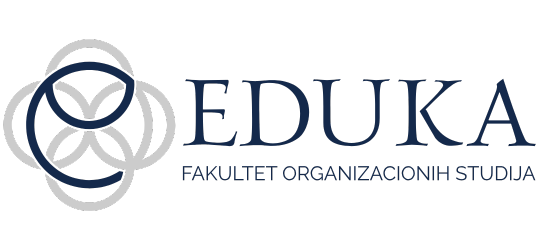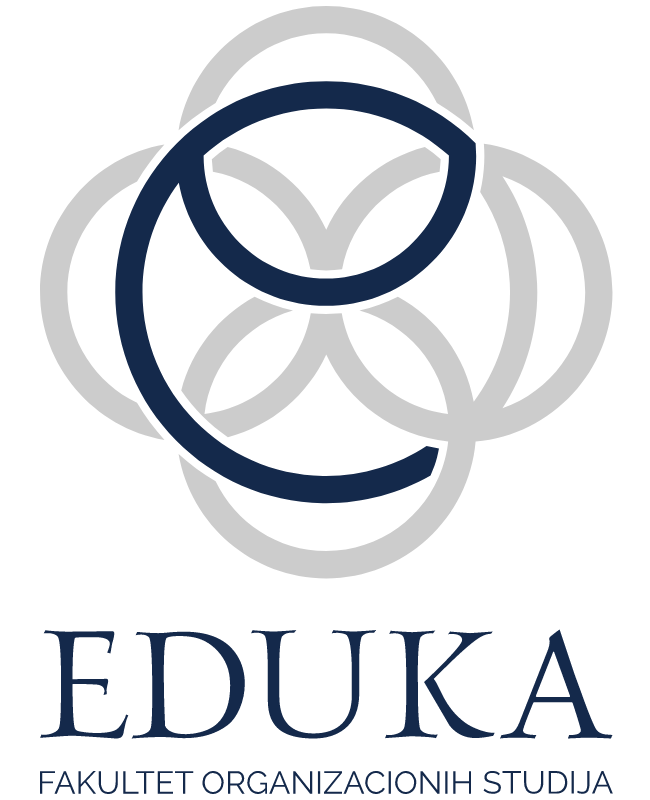Psychotherapy
Discover the key aspects of clinical psychology and consider what kind of practitioner you want to become.
4 YEARS
240 ECTS

Through the study option Psychotherapy within the study program Psychology, students study the scientific foundations related to healthy and pathological human development, especially the foundations of scientifically based treatment of clinical conditions related to experience – including psychological, medical, sociological, and anthropological dimensions.
No matter how far we travel, we can never escape ourselves.
-Haruki Murakami
Students acquire basic knowledge of research methodology and an overview of legal, economic, and social frameworks. To achieve study goals, practical knowledge through practice and reflection on personal development are essential.
The Psychotherapy studies in the undergraduate academic program offer numerous benefits and opportunities, including:
- Basic knowledge of psychotherapy: You will gain foundational knowledge of psychotherapy, including various approaches, techniques, and theories used in therapeutic work.
- Understanding the human mind and behavior: You will develop a deeper understanding of the human psyche, emotions, behavior, and mental processes, helping you better understand yourself and others.
- Communication and interpersonal skills: You will develop communication skills essential for successful therapeutic practice, as well as listening and empathy skills.
- Understanding mental disorders: You will acquire knowledge of various mental disorders, their symptoms, causes, and treatments.
- Client work: Through practice or internships, you will have the opportunity to work with clients and gain practical experience in conducting therapy sessions.
- Ethics and professional norms: You will learn about ethical and professional standards in psychotherapy practice, crucial for responsible and effective therapy sessions.
- Further specialization: Undergraduate psychotherapy studies can serve as a foundation for further education and specialization in specific therapeutic approaches or areas of psychotherapy.
Applied Psychological Knowledge
100%
acquisition of modern knowledge and skills
- Diagnosing mental disorders and assessing clients' psychological states
- Knowledge of various therapeutic techniques
- Psychological testing
- Psychopathology for understanding mental disorders
Transdisciplinary Approach
5
research areas
- Clinical Psychology
- Legal Context
- Social-Cognitive Context
- Developmental Psychology
- Psychology of Adulthood
In accordance with the recommendations of the Bologna Declaration on the necessary harmonization of curricula, this study program is fully implemented following the standards set by the European Federation of Professional Psychologists’ Association (EFFPA). The European Federation of Psychologists, in collaboration with a group of eminent psychologists from 12 European countries (Denmark, England, France, Finland, Greece, Italy, the Netherlands, Norway, Germany, Spain, Sweden, and Switzerland), developed the ‘European Framework for Psychologists’ Training (European Framework for Psychologists’ Training) and proposed criteria for obtaining the European Diploma in Psychology.
To practice psychotherapy, according to the European Association of Psychologists and the Association of Psychotherapists of Serbia, the following is required in addition to completing undergraduate psychology studies:
- completion of psychotherapy education lasting at least 4 years;
- personal psychotherapy experience of at least 250 hours;
- at least 150 hours of supervision with a recognized supervisor;
- direct client work lasting 300 to 600 hours.
According to the Association of Psychotherapists of Serbia, only by obtaining the National Certificate for Psychotherapy can a person present themselves as a psychotherapist.
The association recognizes psychotherapy modalities and psychotherapy methods. Recognized psychotherapy modalities or schools (recognized by the European Association for Psychotherapy – EAP) are required, and only those certified in a specific psychotherapy modality can apply for the national Certificate for Psychotherapy.
The study option Psychotherapy within the Psychology study program, lasting four years (240 ECTS) or eight semesters, is characterized by a modern approach to exceptional higher education, based on best practices in psychology and human resources.

Key Topics and Subjects
- Theoretical Frameworks of Psychotherapy Schools;
- Psychotherapy and Gerontology;
- Psychopathology;
- Psychological Diagnostics;
- Developmental Psychology;
- Social Psychology;
- Psychiatry;
- Psychosomatics;
- Psychopharmacology;
- Introduction to Medical Terminology;
- Fundamental Principles of Neuroscience;
- Sexuality;
- Principles of Psychotherapeutic Discourse;
- Psychological Interventions in Developmental Age.
The program is accredited by the National Accreditation and Quality Assurance Body in Higher Education – certificate of accreditation for undergraduate academic studies Psychology.
The tuition fee for the 2026-27 academic year is 3.000 euros in its dinar equivalent. The first installment is 500 euros in its dinar equivalent, and the remaining amount can be paid in 11 monthly installments. Digital teaching materials are included in the tuition fee.

What after graduation?
To practice as a psychotherapist, the following is required:
- completion of undergraduate academic studies in psychology;
- completion of psychotherapy education lasting 4 years;
- theory coverage lasting at least 500-800 hours;
- personal experience of self-work lasting at least 250 hours;
- at least 150 hours of supervision by a recognized supervisor;
- during supervision, 300-600 hours of direct client work must be completed.
Teaching is exclusively interactive and conducted by distinguished experts with recognized scientific and practical results. Upon completing the study program, you will earn the title Graduate Psychologist.
Through theory and the analysis of research and business cases, students acquire applicable knowledge. The knowledge gained at the Faculty of Organizational Studies EDUKA is transdisciplinary, enabling students to respond to changes quickly, effectively, and on time, even to initiate them.
Program
Year I
- Cognitive Processes in Understanding Clients
- Biological Basis of Psychotherapeutic Work
- Psychology of Motivation in Psychotherapy
- Creativity as a Tool in the Therapeutic Process
- Quantitative Methods in Evaluating Therapeutic Outcomes
- The Role of Emotions in the Therapeutic Relationship
- Applied Informatics in Developing Digital Tools for Therapy
Year II
- Developmental Stages in Psychotherapeutic Work
- Psychometric Tools in Assessing Therapeutic Needs
- Psychopathology and Therapeutic Strategies
- The Role of Mental Health in Family Therapy
- Personality Psychology as a Basis for Therapeutic Approaches
- Social Support in the Therapeutic Process
- Integrative Psychotherapy for Youth
Year III
- Psychotherapy for Older Adults
- Counseling in Educational Contexts
- Therapy for Socially Vulnerable Groups
- Integration of Psychotherapy and Neuropsychology
- Basics of Family Therapy
- Creative Methods in Counseling
- Therapeutic Work with Individuals with Disabilities
Year IV
- Psychotherapy for Older Adults
- Counseling in Educational Contexts
- Therapy for Socially Vulnerable Groups
- Integration of Psychotherapy and Neuropsychology
- Basics of Family Therapy
- Creative Methods in Counseling
- Therapeutic Work with Individuals with Disabilities





